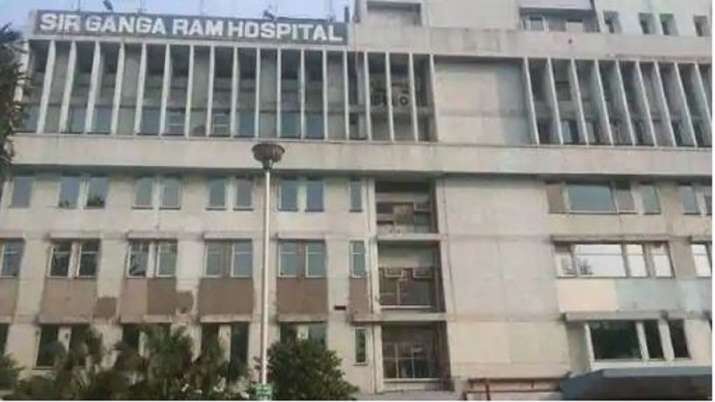Ganga Ram Hospital reports two COVID re-infection cases

New Delhi: Sir Ganga Ram Hospital reported two cases of COVID-19 reinfection on Monday. One patient is a healthcare worker while the other is a middle-aged man and suffers from diabetes.
Two months ago, a healthcare worker at the hospital, presented with symptoms suggestive of acute viral illness, and tested positive for COVID-19 following RT-PCR testing. She was admitted to a COVID-19 facility for 3 days and then was under home quarantine for the next 17 days, after which she tested negative for the virus and re-joined work.
But recently, she reported a fresh episode of cough and general weakness, and again tested COVID-19 positive and was treated for the same. Eventually, she tested negative once again. However, when tested for COVID-19 antibodies, the patient tested negative.
Another patient, a middle-aged man, was admitted after testing positive for coronavirus (RT-PCR) with diabetes mellitus, reduced renal (kidney) function due to diabetes, and reduced lung capacity due to alcohol consumption.
He complained of a nasal discharge and was found to have a fungal infection of the sinuses (mucormycosis) in addition to COVID-19. The patient received treatment, tested negative after 10 days and was discharged home. However, 25 days ago, he was re-admitted due to abdominal distension and again tested positive for COVID-19.
"So far, COVID-19 re-infection was considered a rare possibility," said Dr Atul Kakar, Senior Consultant and Vice-President, Department of Medicine at SGRH.
People who recover from COVID-19 develop antibodies against the infection about one to three weeks after the onset of their symptoms. However, the development of these antibodies depends on the severity of the infection and the patient's immune response, among other important factors. Therefore, sometimes patients might not mount a good immune response and fail to develop (sufficient) antibodies.
"While both these cases follow the defined criteria of re-infection, it would have been preferable to do gene sequencing," Dr Kakar said. "The antibodies for COVID-19 could follow a waxing/waning course, but are usually present in the body for upto three to six months post-infection," he said, adding that patients who have recovered from COVID-19 should be extra cautious to avoid re-infection.



